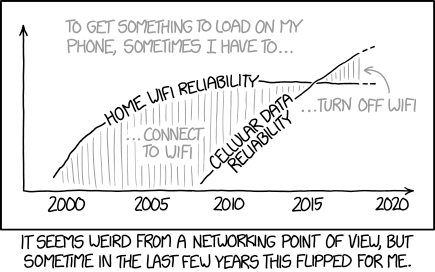Zuck and Priscilla laid out the schematics for this effort on Facebook Live. The plan will be part of the Chan Zuckerberg Initiative and will be called simply “Chan Zuckerberg Science.” The goal, Zuck said, is to “cure, prevent, or manage all diseases in our children’s lifetime.” The project will bring together a bunch of scientists, engineers, doctors, and other experts in an attempt to rid the world of disease.
“We want to dramatically improve every life in [our daughter] Max’s generation and make sure we don’t miss a single soul,” Chan said.
Zuck explained that the Chan Zuckerberg Initiative will work in three ways: bring scientists and engineers together; build tools to “empower” people around the world; and promote a “movement” to fund science globally. The shiny new venture will receive $3 billion in funds over the next decade.
...
“Can we cure prevent or manage all diseases in our children’s lifetime?” Zuck asked at one point. “This is a big goal,” he said soon after, perhaps answering his own question.
Obviously, any time we can get some billionaire to commit hundreds of millions of dollars a year to important basic research, that's a good thing. This money will undoubtedly do a tremendous amount of good and it's difficult to see a major downside.
In terms of the rhetoric, however, it's useful to step back and put this into perspective. In absolute terms $3 billion, even spaced out over a decade, is a great deal of money, but in relative terms is it enough to move us significantly closer to Zuckerberg's "the big goal"? Consider that the annual budget of the NIH alone is around $35 billion. This means that Zuckerberg's initiative is promising to match a little bit less than 1% of NIH funding over the next 10 years.
From a research perspective, this is still a wonderful thing, but from a sociological perspective, it's yet another example of the hype-driven culture of Silicon Valley and what I've been calling the magical heuristics associated with it. Two of the heuristics we've mentioned before were the magic of language and the magic of will. When a billionaire, particularly a tech billionaire, says something obviously, even absurdly exaggerated, the statement is often given more rather than less weight. The unbelievable claims are treated less as descriptions of the world as it is and more incantations to help the billionaires will a new world into existence.
Perhaps the most interesting part of Zuckerberg's language here is that it reminds us just how much the Titans of the Valley have bought into their own bullshit.



